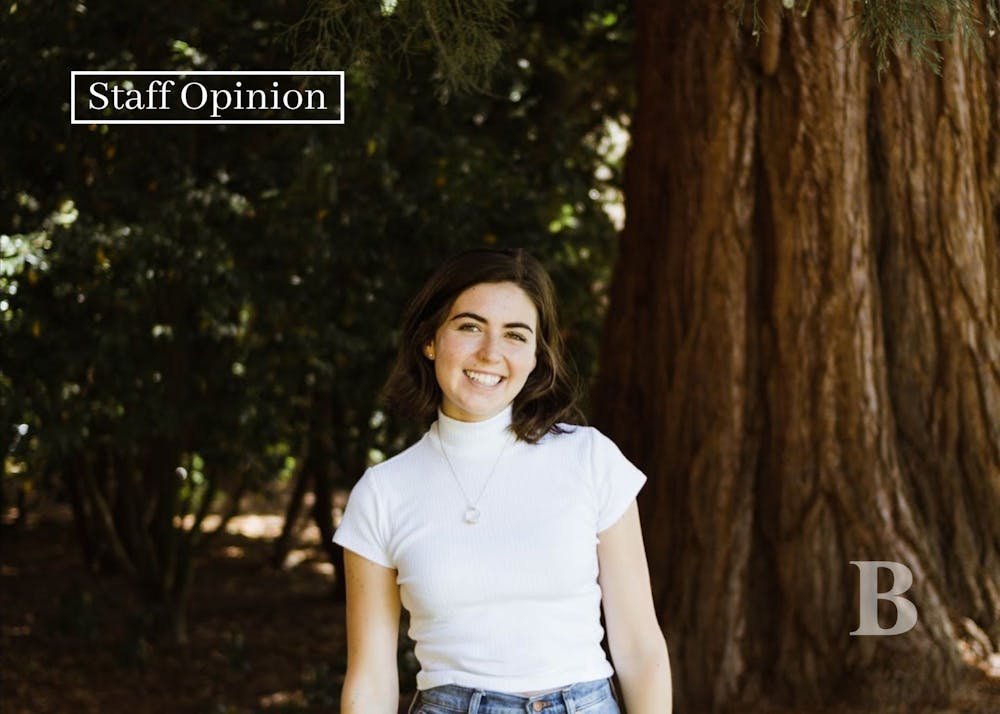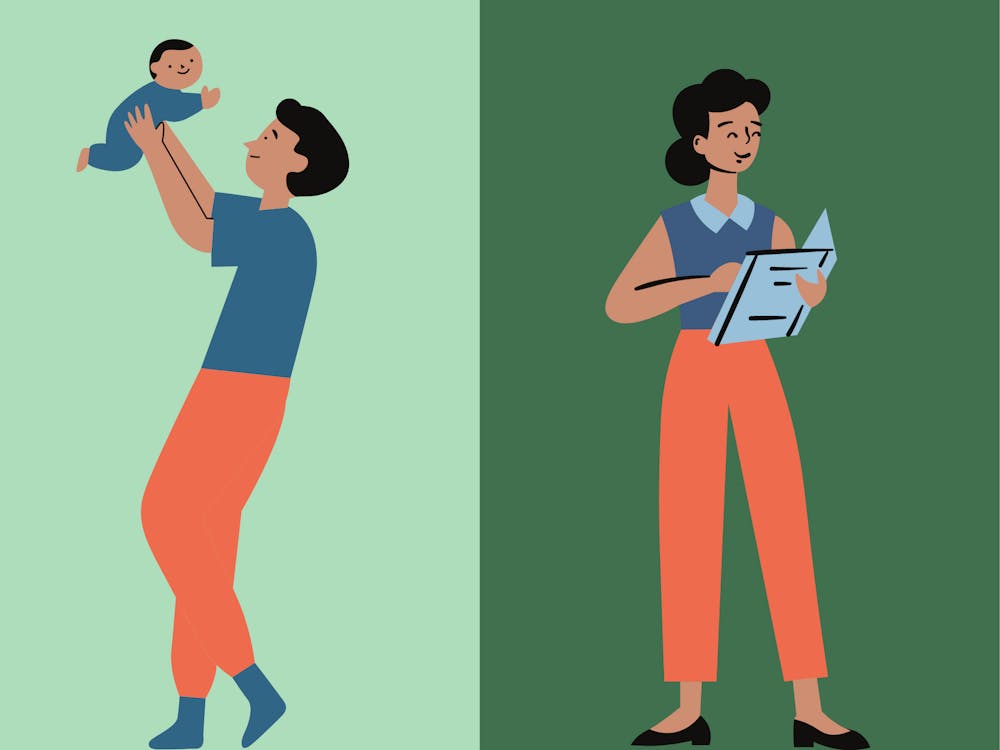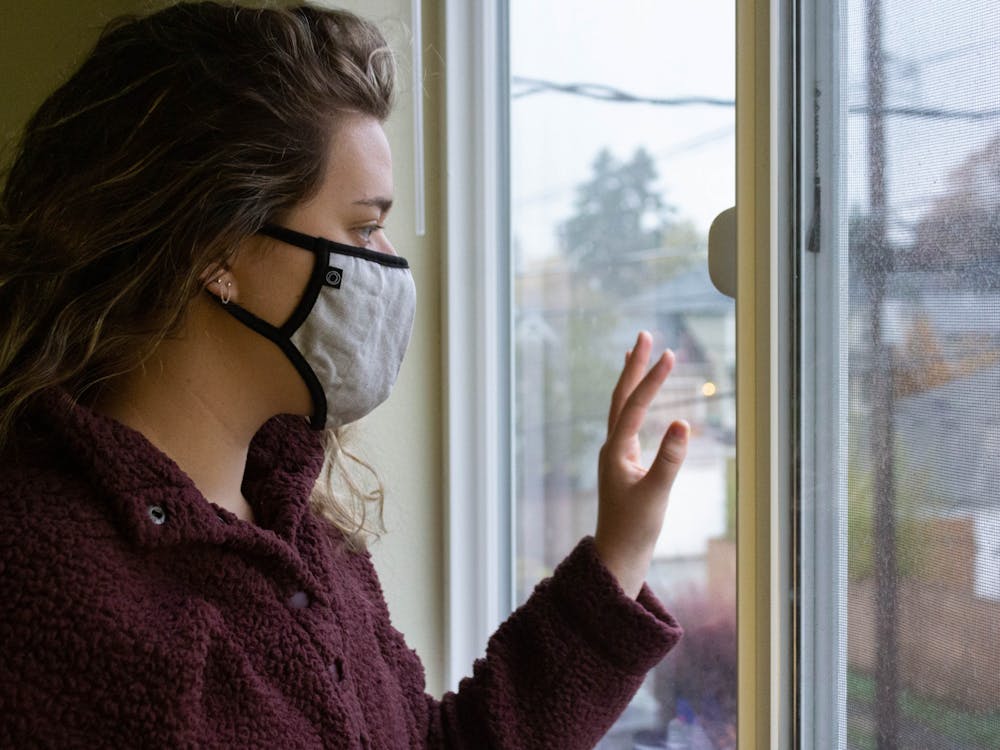When talking about the whole country coming to a screeching halt in March, my friends refer to it as “back in quarantine.” They are talking about March, April and May, when the stay-at-home orders went into effect.
Everyone stayed home and watched Tiger King, practiced embroidery and watched Zoom concerts. It is referred to in past-tense, as if COVID-19 is not as serious now. COVID-19 right now is more serious than it has ever been in Oregon, with a population that is getting tired of seeing their friends and family from a distance.
In March and April, when COVID-19 rocked cities like New York and Boston, the virus in Portland was very minimal in comparison. While all restaurants stayed closed and no one left their homes, there were only 50-70 average daily cases, statewide. Yes, those are concerning numbers, however, after restaurants, spas and gyms began to open, the cases raised to averages of 300 per day.
This summer, restaurants on Mississippi and in the Pearl were packed with people enjoying mostly socially-distanced meals and gatherings. While cases spiked during the summer, Oregonians were able to come together to carefully socialize and slow the spread.
Now, Oregon cases are rising exponentially with averages of 700-900 cases per day. The state saw 935 new cases on Nov. 16 alone. These cases are not slowing down as we enter a long winter, with less access to outdoor spaces. I have noticed that Oregonians think since we have not had spikes like this, it will all be okay. We are not immune from this virus and if this path continues, our hospitals may look like New York in March. Even though it's extremely tempting to let your guard down, the winter ahead is going to be a difficult time. It's important now more than ever to continue to care about the pandemic.
The winter in Oregon faces months of rain, making it hard to spend long periods of time outside, even bundled up. Socially distanced walks may not be an option, nor outdoor dining.
While electing Joe Biden and democratic senators may support our country’s response to the pandemic, ultimately what is going to stop the spread of the virus is individual effort.
Scientists and health-care professionals across the country have coined a term called “pandemic fatigue.” The New York Times provided an example of this: “People who once would not leave their homes are now considering dining indoors for the first time — some losing patience after so many months without, others slipping in a fancy meal before the looming winter months when the virus is expected to spread more readily. Many people are still wearing masks to support their neighbors and keep others safe, but sidewalks that were decorated with chalk messages of encouragement for health care workers and others at Easter are likely to be bare at Halloween.”
I know I have let my guard down around certain friends and family. I feel close to them, but that does not mean I don’t have to social distance around them, because many COVID-19 cases are a result of small private gatherings. Even small gatherings with people who are very careful can still be reckless. While masks and distancing work, isolation is still the most full-proof method to preventing the spread.
There are ways to mitigate the spread of this virus while doing some activities that we enjoy. Luckily, masks and keeping proper distance from people has been proven to be effective. However, when people go out to eat and become comfortable in other people’s homes, they are not wearing masks. When people start to drink and lower their inhibitions, they take their masks off. It is essential to keep your mask on at all times with people you don’t live with.
Another major concern that comes with pandemic fatigue are the mental health struggles associated with social isolation. Social interaction is important for day to day mental health and for a support system. While the first two months of “quarantine” felt relaxing to some, acting as a break from reality and a time to spend with family, much of the country is tired of being alone and doing all of the crafts in the world.
It is frustrating for the average American who is feeling pandemic fatigue to comprehend all of the losses they have suffered from COVID-19, when it seems like wealthy celebrities can proceed with life as normal. For example, Kendall Jenner threw a large maskless birthday party around Halloween, completely disregarding the spike in cases.
Many college students need to work to sustain themselves, making it almost impossible to quarantine. These jobs and situations are essential, however, it makes it even more important to socially distance outside of work to prevent the spread of the virus.
The holidays are coming up as well, and families are going to try to gather. Since it will be winter, most of these gatherings would be inside and the country could see an even larger increase of cases. The holidays also pose a problem for college students and their families if they have to travel home during the holidays. Many families could be vulnerable to the virus, and students coming home is a huge risk. Please quarantine for 14 days or get tested.
The long-term predictions of the effects from COVID-19 prove that we will likely need to be socially distancing for at least another year. For many people it will be hard to stay away from friends about family for this long. Some scientists predict that life will not return to normal until 2022 — no concerts, no restaurants at full capacity, no large family gatherings, for that matter.
The socially distanced strategies are going to get tiring, with close relatives and friends over the next few years, if the pandemic continues. It is still important to always wear your mask and spend time outside with people you don’t live with, but it is wise to create a small “pod,” for your mental health. Make sure your pod is small and you trust that every single person in your pod is being careful. Think of it as coming into contact with every single person they have come into contact with for the past 14 days. For the safety of our community and ourselves, we need to make sacrifices to see brighter days ahead.
Fiona O’Brien is a reporter for The Beacon. She can be reached at obrienf21@up.edu.
Have something to say about this? We are dedicated to publishing a variety of viewpoints and we’d like to hear from you. Voice your opinion in The Beacon.








